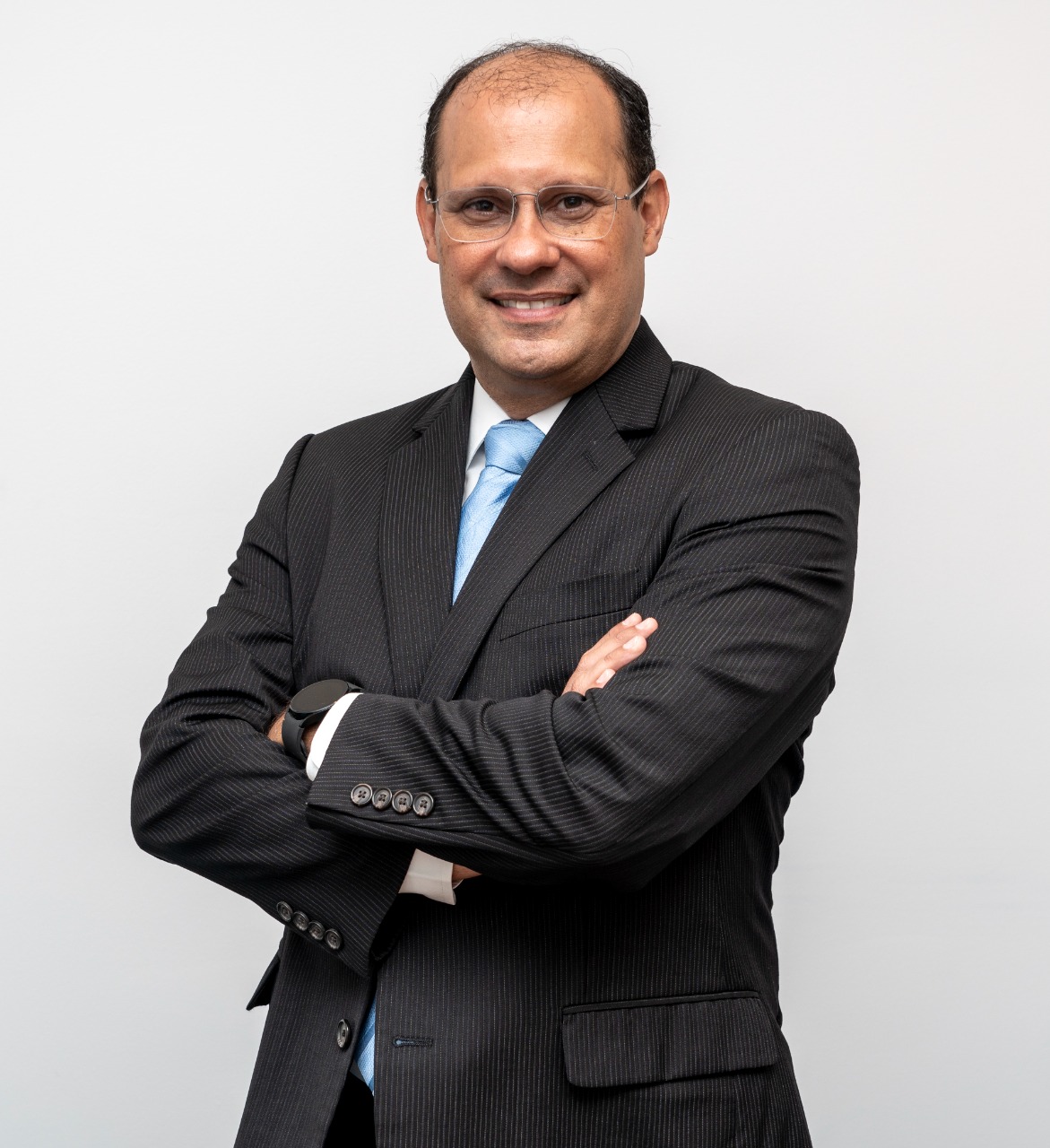By Jose Ricardo Botelho*
I would like to share some thoughts on an issue that we are facing in Brazil and that has a profound impact on the recovery of travel in the country and the region. It is about the mandatory inclusion of checked baggage with the purchase of air tickets; a measure proposed by the Communist Party of Brazil that was approved again by the National Congress last May and now depends on the sanction of presidency.
Having nearly 10 years working in aviation, I have personally participated in projects that have managed to encourage a more competitive, open and aligned to global standards market in Brazil. In 2017, from the aviation authority ANAC, I participated in the process that led to the approval of the deregulation of baggage for domestic and international flights in the country. A year where the real average domestic fare (updated for inflation) closed at 357.16 reais (around US$ 100), being the lowest price recorded since 2011.
Since then, we have seen an exponential growth in the number of passengers in the country, only momentarily diminished by the restrictions resulting from the pandemic. Even so, in 2021 some companies exceeded the number of domestic passengers in 2019 and, as a country, we are currently about 90% recovered, reaffirming the essential role that air transport plays in this country of continental dimensions. A real need, but one that is still sensitive to the price variable.
Approving this measure will have a profoundly detrimental effect for the entire population in the country, for the economy that is trying to recover, for the creation of jobs and opportunities, for the daily life of the people who depend on this means of transport, especially in the northern and northeastern provinces of the country that heavily depend on air connectivity.
This is why ALTA reiterates that the approval of the mandatory inclusion of checked baggage with the purchase of air tickets is a setback in the development path we have been following to democratize air transport to make it an increasingly inclusive service. The approval of this measure would prevent the offer of more affordable tariff levels that allow more people to have access to an essential, safe and efficient service. Approving this measure would mean forcing all passengers to pay for a service even if they do not use it, even if they do not want it. Yes, paying for a service, because there is no such thing -in any industry- as a service that does not represent costs. We must face the truth and stop repeating that baggage will be free.
The fact that we do not see the cost of baggage handling at all stages of the flight does not mean that it is free. Currently the airline websites allow us to choose from families of tariffs that serve different levels of service with their respective costs so that it is the passenger who can choose. What is happening in Brazil means that all passengers must pay the cost of a service – whether they want it or not – without being able to choose a cheaper option.
This measure would have a significant impact on air cargo transport, which is so important for the supply chains from which the population benefits on a daily basis. This is because 50% of air cargo is carried in the bellies of passenger aircraft and we must consider that, if this measure is approved, airlines would have to reserve space for the use of baggage included in the tickets, but with the uncertainty of whether passengers will actually use the baggage service. This would reduce the space dedicated to cargo and therefore the availability to transport goods and profitability.
Profitability in this sense is a point that directly affects passengers since a representative number of routes are profitable not because of ticket sales but because of the cargo carried on the aircraft. This would have an impact on the connectivity and development of the air network that brings opportunities to even remote places.
The population deserves the right to have the option to choose what services they want to consume, from what they order in a food establishment, to what services they want at the time of their flight.
Uncertainty, lack of legal certainty and higher costs put Brazil in an uncompetitive context for more operators be able to offer more and better options so that increasingly more people can make use of the safest means of transport.
Aviation is an important catalyst for the economy, it is an extremely dynamic but cost-sensitive market. A more expensive tariff can drive thousands of people away from air travel and towards road travel that can be up to three times as long or can be even unviable since there are no safe roads to some destinations.
By reflecting on this, I invite you all to be spokespersons for data-driven information. There are no free services. In a movie theater, ordering a soda has a cost; in a hotel, choosing a room with certain amenities has a cost. In aviation it is the same. Choosing what, how much and how each want to pay is a consumer right and baggage is an example of it.

